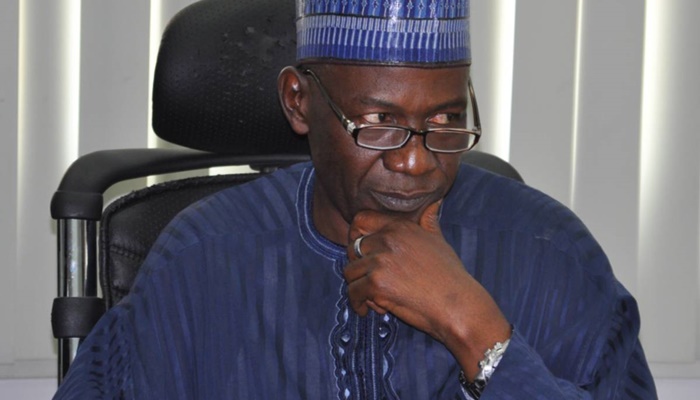Nigerian security agents raid black market FX dealers to stop slide of naira

Nigerian security agents raided the offices of black market currency dealers on Thursday, detaining some dealers and ordering others to sell dollars at a lower rate in a bid to break the fall of the currency, dealers said, Reuters report on Thursday.
The Central Bank of Nigeria (CBN) has been unable to stop the naira’s slide on the black market, where importers go to buy dollars due to severe hard currency shortages in Africa’s biggest economy.
Nigeria has been hammered by a slump in prices for oil, a key source of revenue – in the form of dollars.
The bank has kept the official naira rate to the dollar artificially high, effectively driving hard currency dealing away from commercial lenders and towards the black market, the real benchmark.
“The police and state security service officials are raiding black marketers in Lagos and Abuja to compel an appreciation of the naira,” Mallam Adamu, a bureau de change operator, told Reuters.
Another trader said security agents visiting bureau de change operators told dealers not to sell dollars for more than 395 naira.
According to Reuters, source at the CBN declined to comment on the raids, saying only that the bank was concerned about the spread between the official and parallel market rate.
The currency is changing hands at 460 naira per dollar on the black market, in contrast to the official rate of 305.5. The naira had regained some ground this week after dropping earlier from 470, but dealers said hard currency supplies were limited.
“We’ve stopped buying dollars from just anybody that walks into our shop due to the harassment from security agents and a directive from our association,” said a dealer, asking not to be named.
In June the CBN said it would float the naira but in reality it has reinstated a dollar peg at 305.5 via its daily interventions on the official market.
The country is in the middle of a recession as low oil prices have eroded public finances and hard currency reserves.
Last week a plant producing tomato paste, a staple in the national diet, closed eight months after opening, saying it had been unable to obtain hard currency to import raw materials, in a public embarrassment for President Muhammadu Buhari and his plan to diversify the economy.






